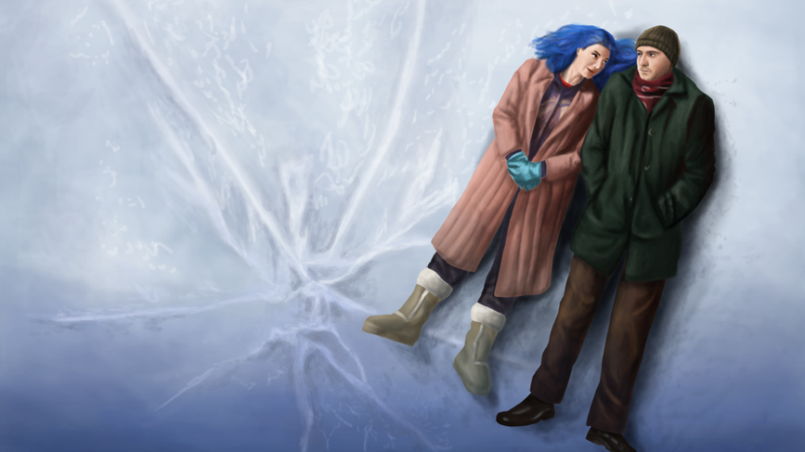How Happy Is the Blameless Vestal`s Lot!
The World Forgetting, By The World Forgot.
Eternal Sunshine of the Spotless Mind!
Each Prayer Accepted, and Each Wish Resigned
Alexander Pope
Did you watch Eternal Sunshine of the Spotless Mind? Directed by Michel Gondry in 2004 starring Kate Winslet and Jim Carrey. If you have not, I strongly advise you to do so. It’s a love story gone bad and how the lovers want to erase their memory of each other because they are so miserable.
Thank god that I have no miserable love affair to forget but I do want to erase some of my miserable childhood memories. Don`t you?
I bet everyone has a childhood trauma (if not trauma, then unpleasant event) that would like to erase. Don’t you wonder why especially childhood incidents and traumas tend to affect us for so long, almost to our dying da
One of the main reason childhood experiences are so impactful is that our brains are still growing through childhood and the roads that have been built then is hard to be demolished. Only after 90`s adult neurogenesis was accepted, that meant we can grow new neurons, so we can rebuild our brain if we tried.
The other reason is that this kind of impactful events or traumas is registered via the limbic system – which is the primitive part of the brain – unlike other routine memories. The
As we encounter the negative event, we register it through the limbic system, and we register it by the emotion it generates in us. For example; If you have an aggressive parent, and when he shouts at you, you feel helpless and this is what`s registered. The main thing in the memory is not where and why he shouted but he was aggressive, and you could not do anything, and you felt helpless.
As the limbic system operates differently than the prefrontal cortex, you can not reason with it, it becomes like a default reaction, and then whenever you are confronted with a similar situation even when you are an adult your default reaction becomes `being helpless` in front of an aggressive person.
Childhood experiences do influence us as an adult in the way we respond to stressful incidents. Our resilience to an extend is shaped by what we learned throughout our childhood.
Are we doomed? What happened to `you can build your resilience` la la land ideas!!
I am sure there is a way. We will talk about them.
But for now, let me end with a quote from Nietzsche;
“Blessed are the forgetful: for they get the better even of their blunders”

